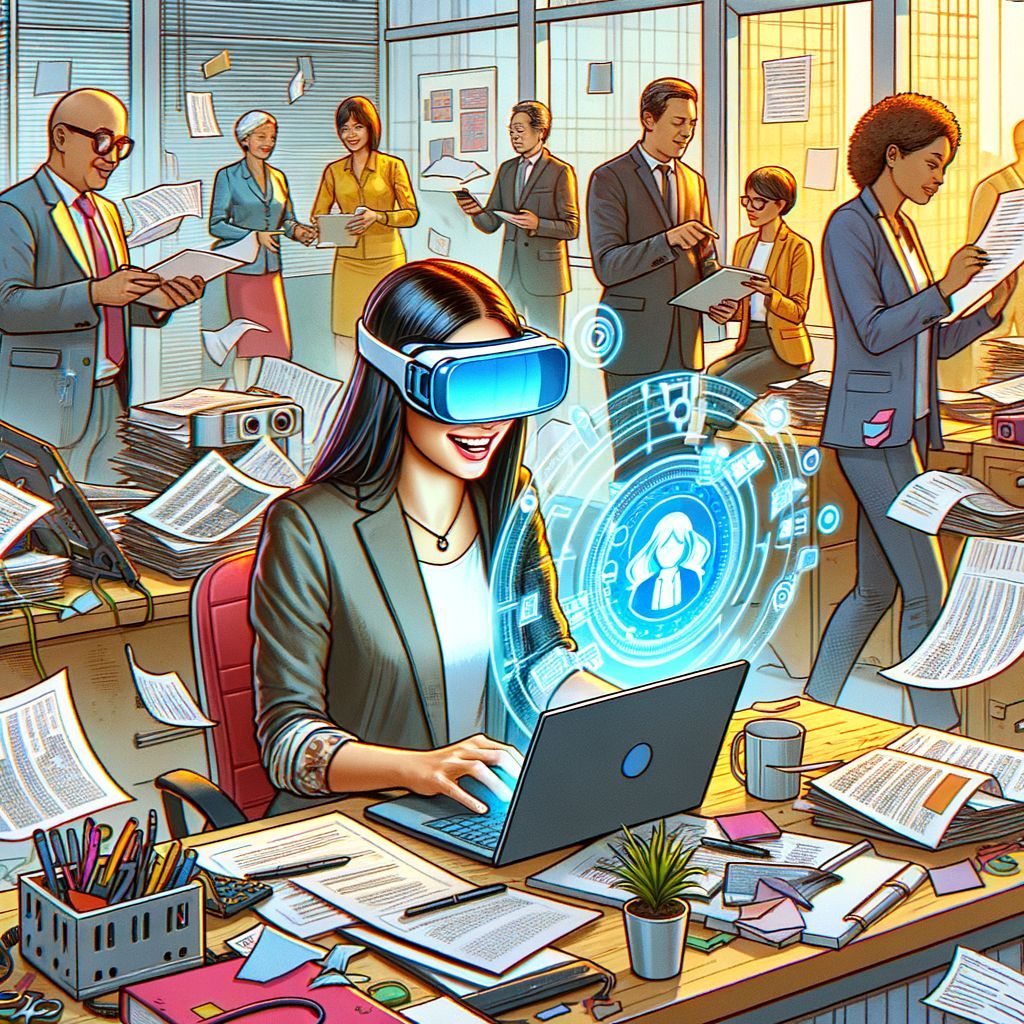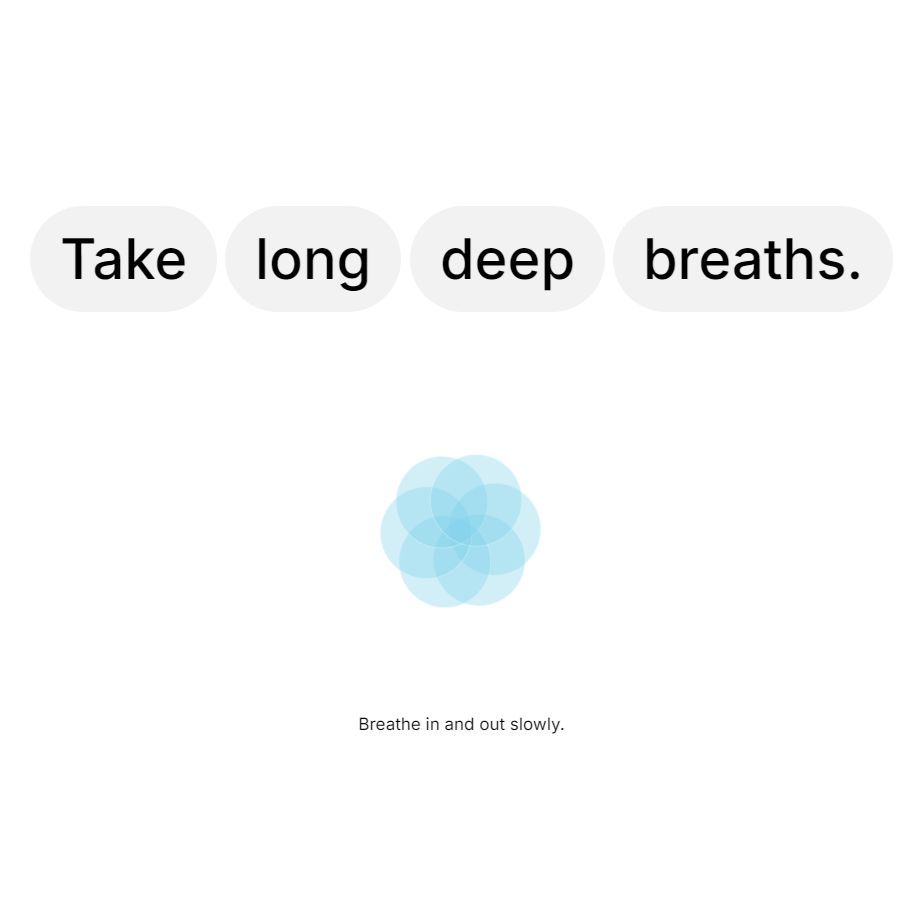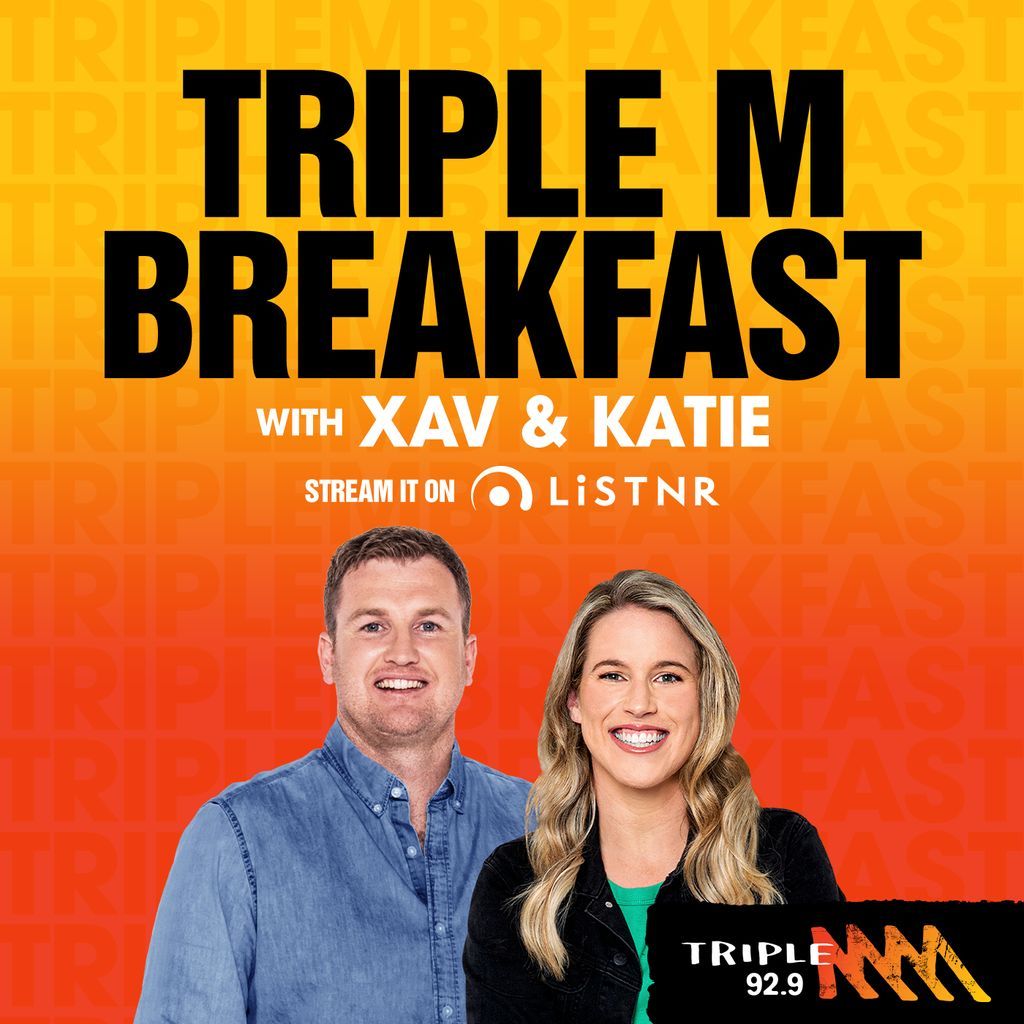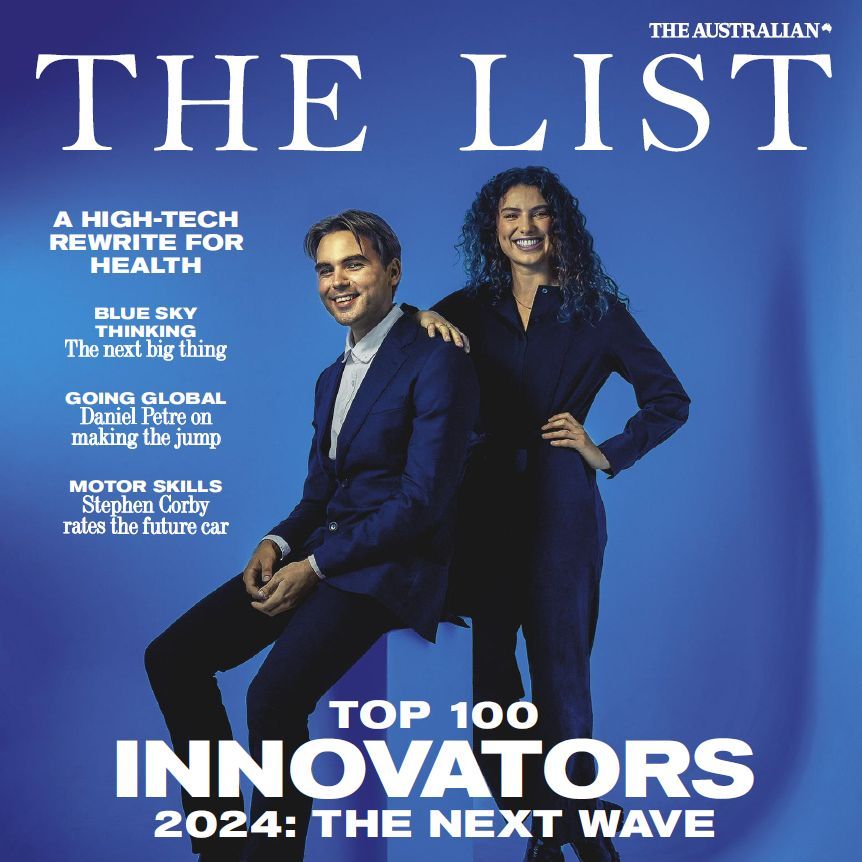

Image by DALL·E Pic: Midjourney
Editors' Note: Many Fast News images are stylised illustrations generated by Dall-E. Photorealism is not intended. View as early and evolving AI art!

Workplace chaos reigns,
AI's promise yet untapped,
Change is in the air.

Workplace chaos and AI adoption: Key trends from Qualtrics' employee experience report
Experience management platform Qualtrics has released its sixth annual Employee Experience (EX) Trends report, identifying five key trends for 2025: reducing workplace chaos, the optimism of young employees, the impact of first and last impressions, the cost of prioritising short-term gains, and the gap between employee and company adoption of AI.
The report, which includes responses from over 2,000 Australian participants, highlights the increasing chaos in workplaces, with employees grappling with relentless change.
Dr. Cecelia Herbert, a Workplace Behavioural Scientist at the Qualtrics XM Institute, said: "Over the past few years workers in Australia and across the globe have been dealing with relentless change. It's no surprise many have reached their breaking point."
The report also reveals that young employees are often the most engaged, motivated, and optimistic, contrary to common stereotypes. "It's time to end the scapegoating of young employees for workplace woes. These mindsets are crushing the optimism and fresh thinking younger workers bring to the workplace, creating a scenario that benefits no-one," said Dr Herbert.
The importance of first and last impressions in the employee journey is also underscored, with poor experiences at these stages often leading to lower engagement and intent to stay. "Every organisation's brand and reputation is heavily influenced by the stories people tell about applying for a job and what it was like working there. Getting these first and final impressions right are key strategic levers, but right now they are being overlooked, meaning employees are negatively impacted before they have even worked their first day," said Dr Herbert.
The report also highlights the growing tension between employees and their leaders, with less than half of Australian employees (47%) believing their bosses will prioritise employee well-being over short-term business gains.
"The relationship between employees and their leaders is getting more and more tense, fuelled by decisions to roll-back investments in DEI or sustainability, poorly managed workplace change, and more. While trust is hard to earn and maintain during times of disruption and uncertainty, our study shows its impact is huge on both business and people-focused outcomes, which is why leaders need to know how to cultivate it in 2025," said said Dr Herbert.
Finally, the report suggests that the lack of AI enablement and trust is creating significant operational and organisational risk. Only 35% of Australian employees report that their organisation provides AI enablement and training, and 38% say their company has AI guidelines, ethics or principles.
Dr Herbert said: "It is not employee resistance holding back workplace progress with AI. The real inertia stems from the lack of the tools, training, and guidance employees need in the modern workplace. AI training and enablement must be a key strategic priority as its impact is exponential - from addressing security and operational risks, driving improved business outcomes, and ultimately creating an environment where employees and employers co-create the future of work."










